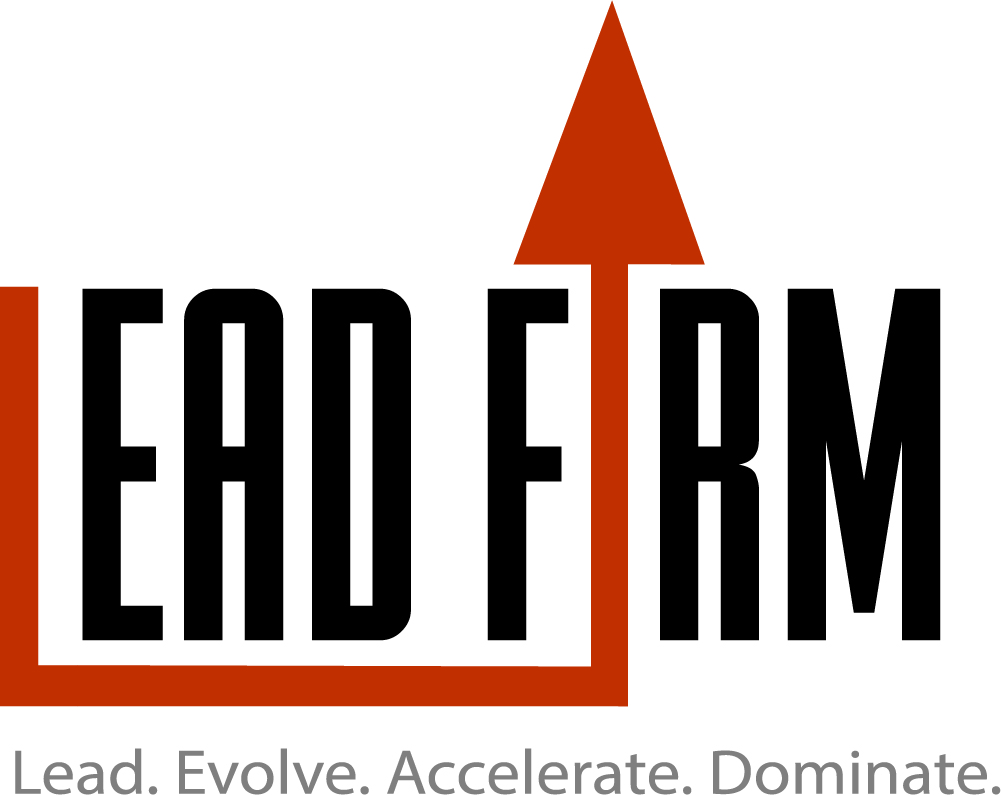
Diamonds are exposed through the application of pressure. The same holds true for leaders. No matter how great a leader is perceived to be, their legacy will be cemented in how they handle adversity and pressure when it comes their way. While the most immediate examples of this come to mind regarding business and politics, the concept applies to higher education leadership as well. Through my own journey to leadership, I recognize and embrace two facts: (1) I operate from a place of privilege in many ways, and (2) I also followed an unconventional path to leadership. My story does not mirror that of my colleagues in the higher education space. I did not grow up with desires to be a pedagogical scholar nor did I envision myself on the stages and in the rooms with educational leaders. However, that doesn’t change my ability to lead effectively. In fact, I credit both the privilege and unconventional pathways as the catalyst for much of my success in leadership. I have come to learn that the presence of trauma, pressure and vulnerability in my life were not setbacks or hindrances, but rather building tools. Each of them contributes to who I am as a leader, how I connect with others through the lens of leadership and the spaces in which I choose to make impact. As you read further, I challenge you to consider how your unique experiences in each of these areas can aid and influence your leadership positively.
Compassion Through Trauma
When my parents divorced, I was six. I thought that was the normal family structure — everyone has a mom and their dad just comes to visit. The day I learned that was not the universal truth, but just my truth, was hard to accept. Over time I began to understand that other people were operating from their own experiences too. And any given day could be the day that they learn that their truth is not a universal truth. I remember the feelings of betrayal and resentment from my own reality check. As a result, I lead with empathy because I never know what those I lead have been through or have to deal with when not working on tasks I assign.
I have learned to utilize my experiences as a foundation for how I engage with others. I start the process of engagement with a commitment to go into every conversation without an assumption. I don’t know what it took for each individual to get to the place they are currently in, just like they don’t know what it took for me to get to the place I stand in. However, because of my personal experience with trauma, I am able to bring compassion to the conversation. Compassion as a leader is necessary. Compassionate leadership in the higher-education space brings value and increases engagement through the presence of care about the well-being of others.
People don’t care how much you know until they know how much you care. Theodore Roosevelt
If the Covid-19 pandemic has taught us nothing else, we know that everyone processes traumatic experiences differently. I believe that it is essential for us as leaders in the higher education space to stop creating an air of perfection, or accomplishment, that alienates the experiences of others, but rather create a culture of care and compassion. We all have trauma, the question is, are we willing to allow our traumas to be tools for compassion and growth?
Resilience Through Pressure
I am a proud veteran of the United States Army. When I show up to share in the higher education space, I cannot leave my three tours of duty and other deployment experiences at home. It was in the spaces of combat pressure that my resilience was strengthened. I have seen some things that I cannot unsee. I have experienced life altering moments that completely changed the trajectory of my future. If I can be completely honest, dodging death (literally and figuratively) builds a type of resilience that can’t be learned in a classroom or through a book. I bring that knowledge and experience to my work with students and faculty. What seems insurmountable sometimes just needs a stronger or different team strategy. The challenges and failures faced by higher-ed does not have to be unto the death of the institution or the program. Instead, we as leaders have to exercise our resilience in the face of pressure. Our collective leadership goal is to help and transform the area of impact we are responsible for. From student affairs to the lecture halls, the pressure will come. However, it is our resilience that will carry us through.
Authentic Connection Through Vulnerability
Grammy winning artist Anthony Hamilton released a song “Coming From Where I’m From” that spelled out a relatable journey for many Black men in America, whether in part or in whole. As I accept the privilege of being a man in leadership, it would be disingenuous to eliminate the fact that I am a Black man in leadership. There’s a difference between the two. Unfortunately, being a Black man means I am often held to a different standard of accountability and performance. For me not to acknowledge that creates a false sense of security and opportunity for success to those connected to and coming behind me. If I am completely honest, checking the diversity and inclusion box for a Black man is substantially different from checking it as a woman, a different race or even sexuality.
There are some experiences that I have had that many people would immediately turn away from or never mention for the discomfort and unfavorable light that it brings. Instead, I choose to open up about those very things. Being vulnerable about my own experiences speeds the process of building rapport. The presence of rapport and trust then inspires connection. Then the connection ushers in impact. Afterall, isn’t positive impact the goal of all leadership?
The making of a leader takes on many forms depending on the setting. I have witnessed it first hand through my experiences across industries, from the military to corporate settings to higher education, and a few areas in between. Regardless of where the leader is placed, I am convinced that some traits are necessary for success. Every leader should possess compassion, resilience and vulnerability among other characteristics. Through the presence of compassion, resilience and vulnerability, connections are built and goals are accomplished. Connections and accomplishments are ultimately among the key markers of legacy for leaders. What will be your legacy?






No comment yet, add your voice below!